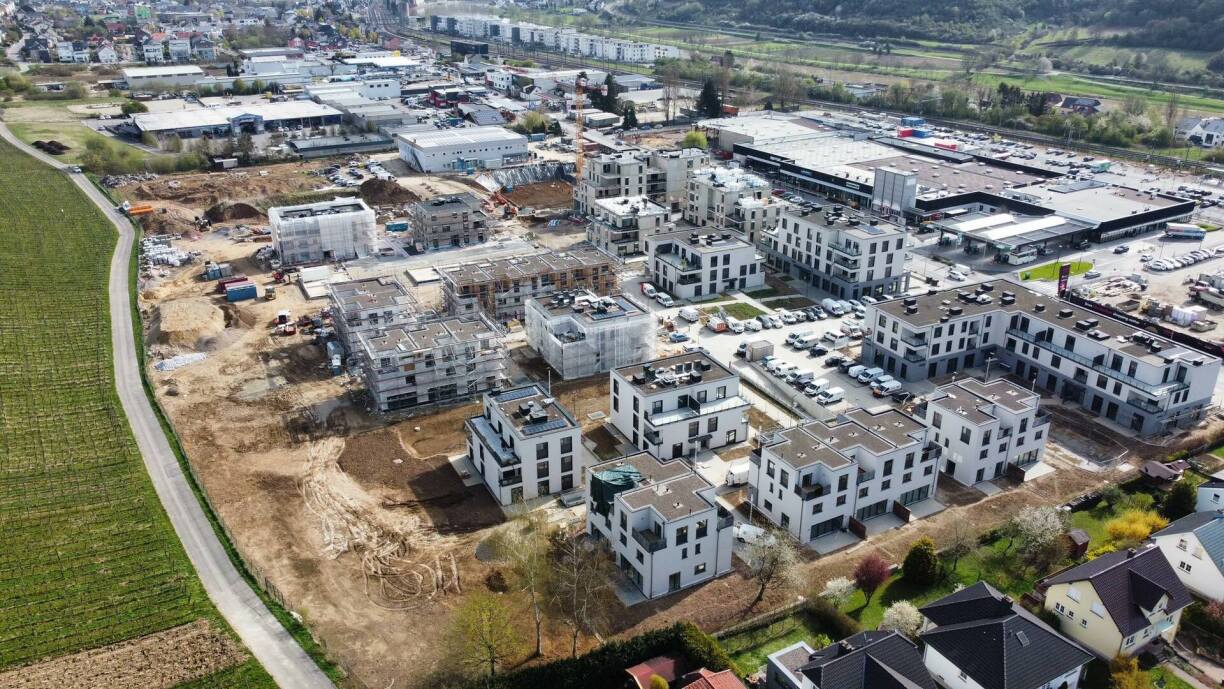
After a long period of prosperity, the real estate sector in Luxembourg has just gone through a dark year. Rising interest rates, falling prices, and a slump in business activity have led to numerous companies declaring bankruptcy in 2023. To avoid reaching a breaking point, the new government in January decided to declare the entirety of the construction sector in a state of crisis.
A series of measures designed to stimulate the Luxembourg housing market have thus been proposed. And it appears that the Grand Duchy will be relying mainly on old remedies to revive the market. Is this the right solution?
Not according to experts at the Housing Observatory, who maintain that the fundamental problems need to be addressed before there can be talk of potential solutions. “We’re moving from crisis to crisis,” says Julien Licheron from the Luxembourg Institute of Socio-Economic Research (LISER), a position also shared by Michel Edouard Ruben, an economist at the Idea Foundation.
Ruben points out that the first law on affordable housing dates back to 1906. “In principle, we can say that even in 1905 people found that housing was not affordable”, he says, further mentioning other crises following both World Wars and in the 70s and 80s which “everyone has forgotten about”.
For Antoine Paccoud, coordinator at the Housing Observatory, there is no doubt that if there is a permanent crisis, it is certainly to some people’s advantage: “It’s impossible to imagine a country in crisis for 120 years without it benefiting someone.”
The problem has long been the same in Luxembourg: a mismatch between supply and demand. And this is precisely what surprises the LISER researchers. “If this mismatch is also structural, then there must be some kind of design or strategy behind it,” says Paccoud. “I think we need to look at the social structure that has enabled this permanent crisis to last for 120 years.” For Paccoud, the source of the problem is “the monopolisation of land reserves by a small number of actors” in the market.
He explains that none of this would have been possible without regulations favouring the concentration of land: “Land has been passed down from generation to generation in the same families due to the absence of any significant property tax, and the absence of inheritance tax on direct descendants.”
According to figures from the Housing Observatory, 0.5% of the population currently owns 50% of building land. Against this backdrop, it is worth remembering that it is the value of land that is driving up property prices in Luxembourg.
This model, coupled with the country’s economic and demographic growth, has allowed housing to become “a means of rapid enrichment”, argues Paccoud. And the state, builders, landowners, developers, and private individuals “all have a responsibility”.
Ruben contends that “if we look at the last ten years, everyone has gorged themselves”. The state with the tax revenues generated by sales, developers with their margins, and private individuals with the profits generated by the explosion in prices. “It’s a jackpot, like winning the lottery,” he adds.
The problem is that this model no longer seems viable. As 2023 has shown, the nature of the crisis has changed. “Property prices cast doubt on the attractiveness and competitiveness of the territory, even for Luxembourgers,” says Licheron. “Today, it’s clear that housing is a prerequisite for Luxembourg’s future success,” he concludes.
And if we are to succeed, we will have to “clearly redefine the objective of housing policy”, according to Ruben, who opines that it should be to “maximise the production” of housing. “With an affordable variable”, adds Paccoud.